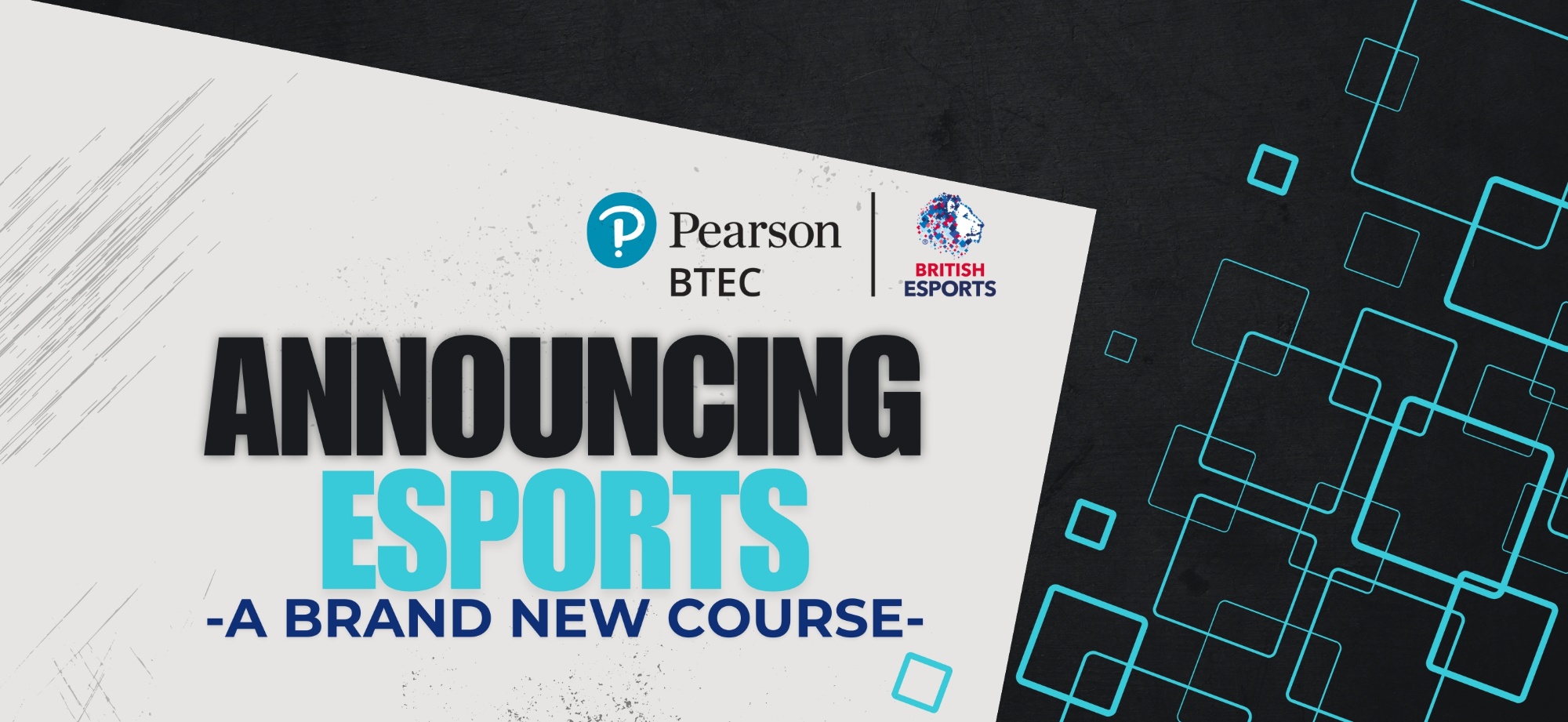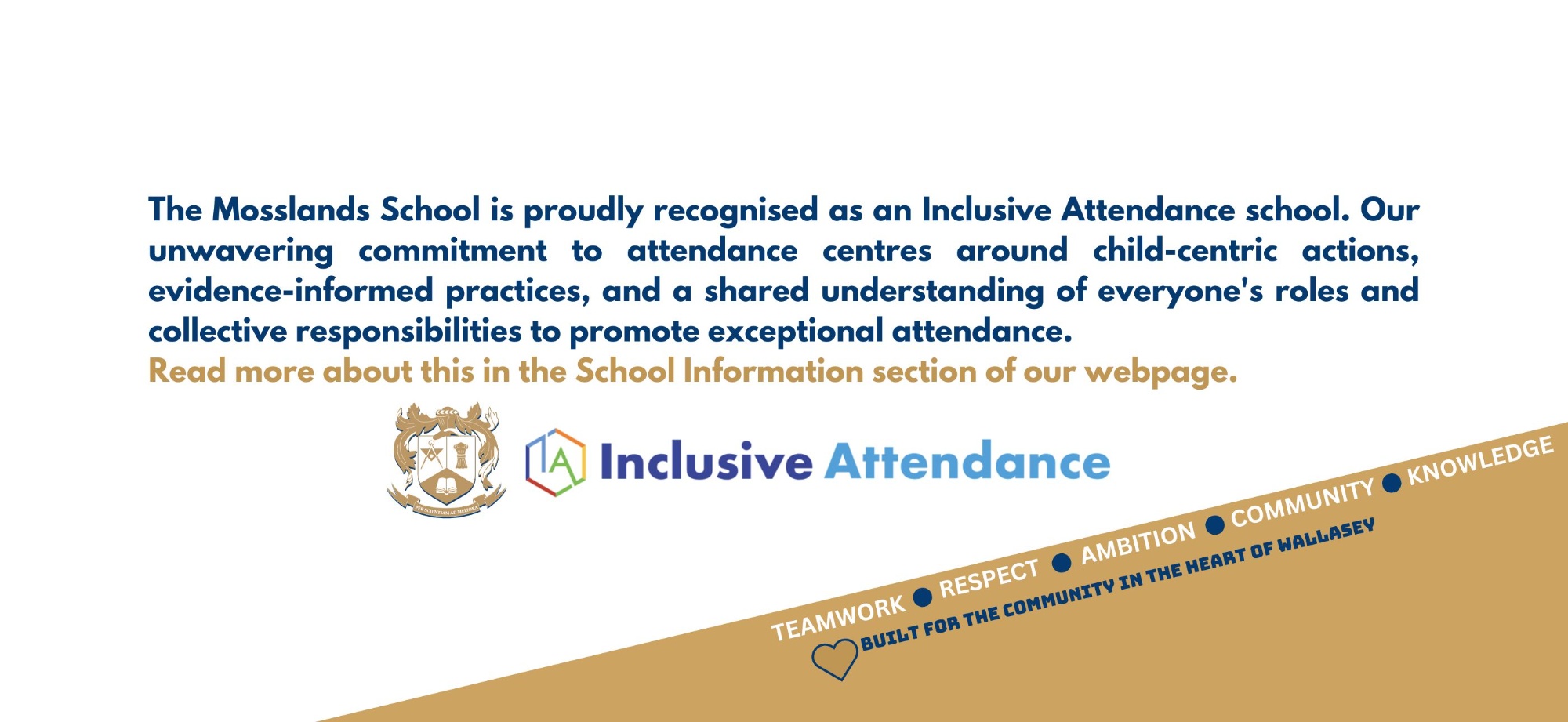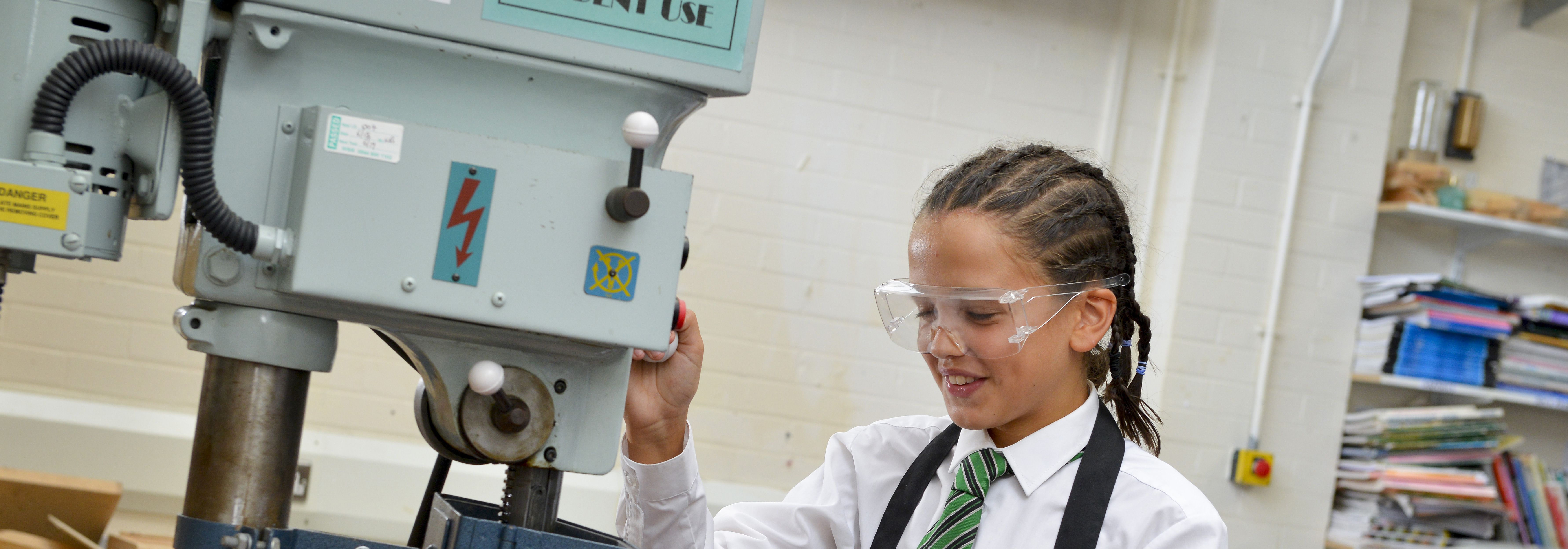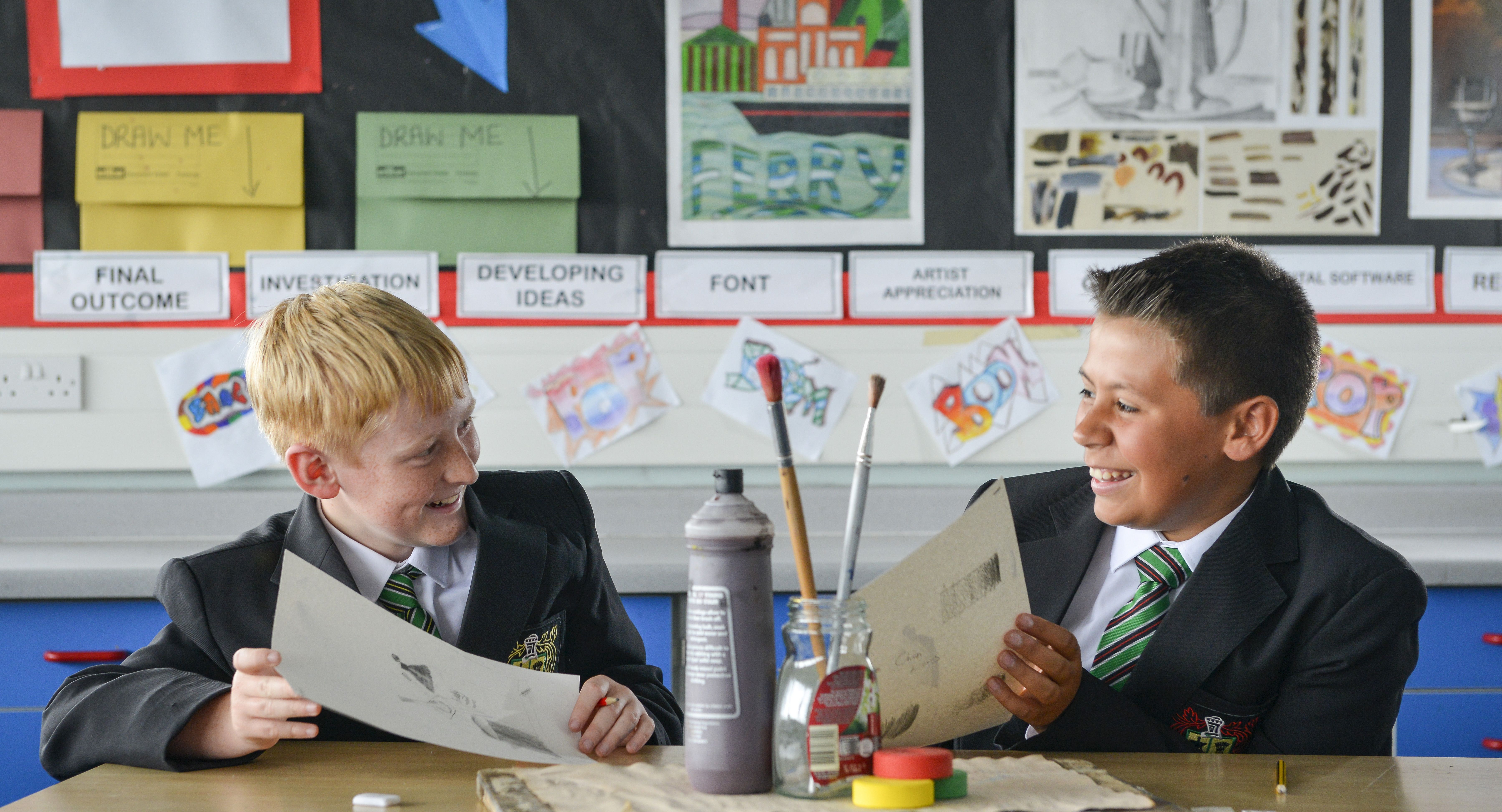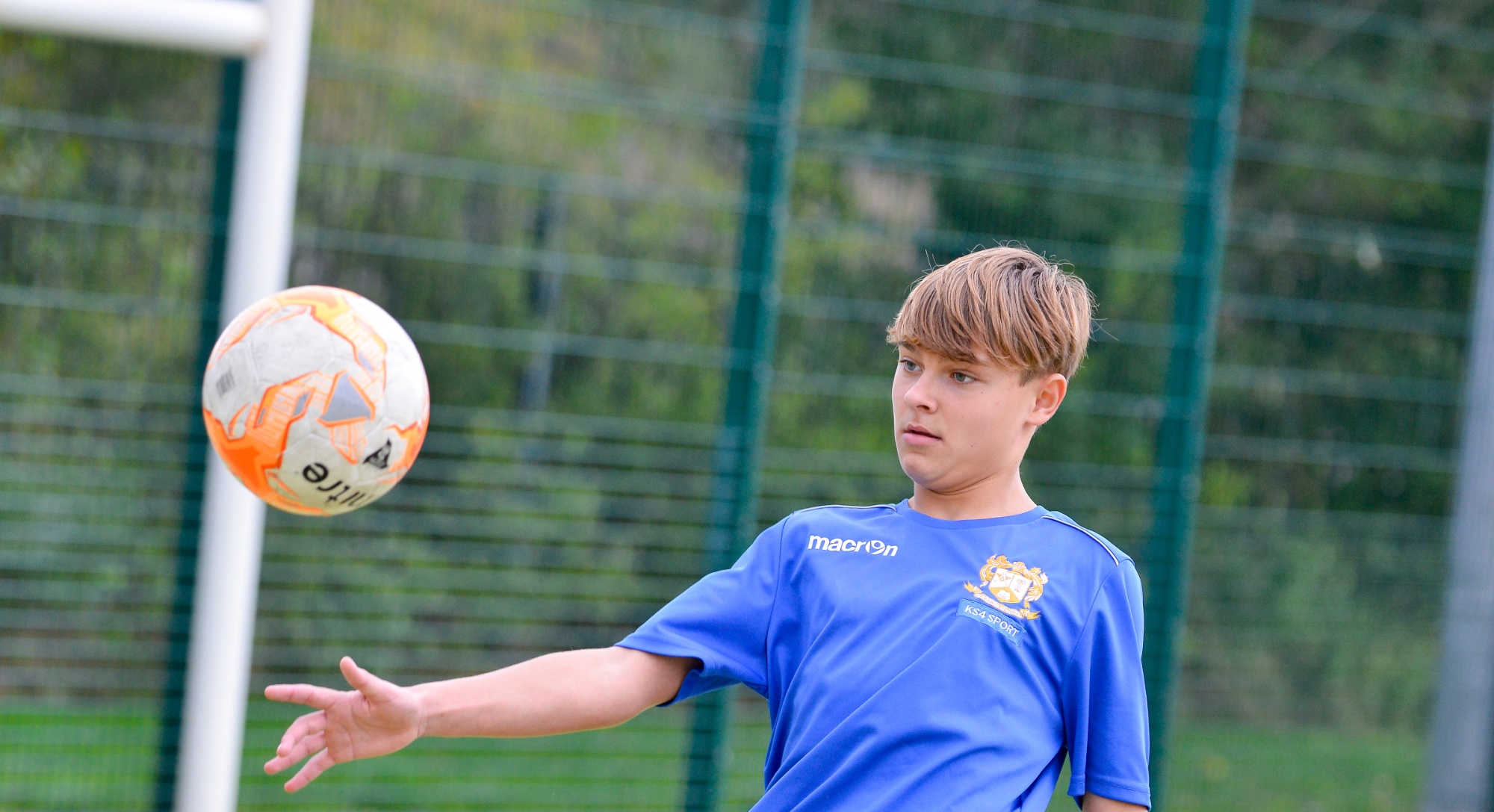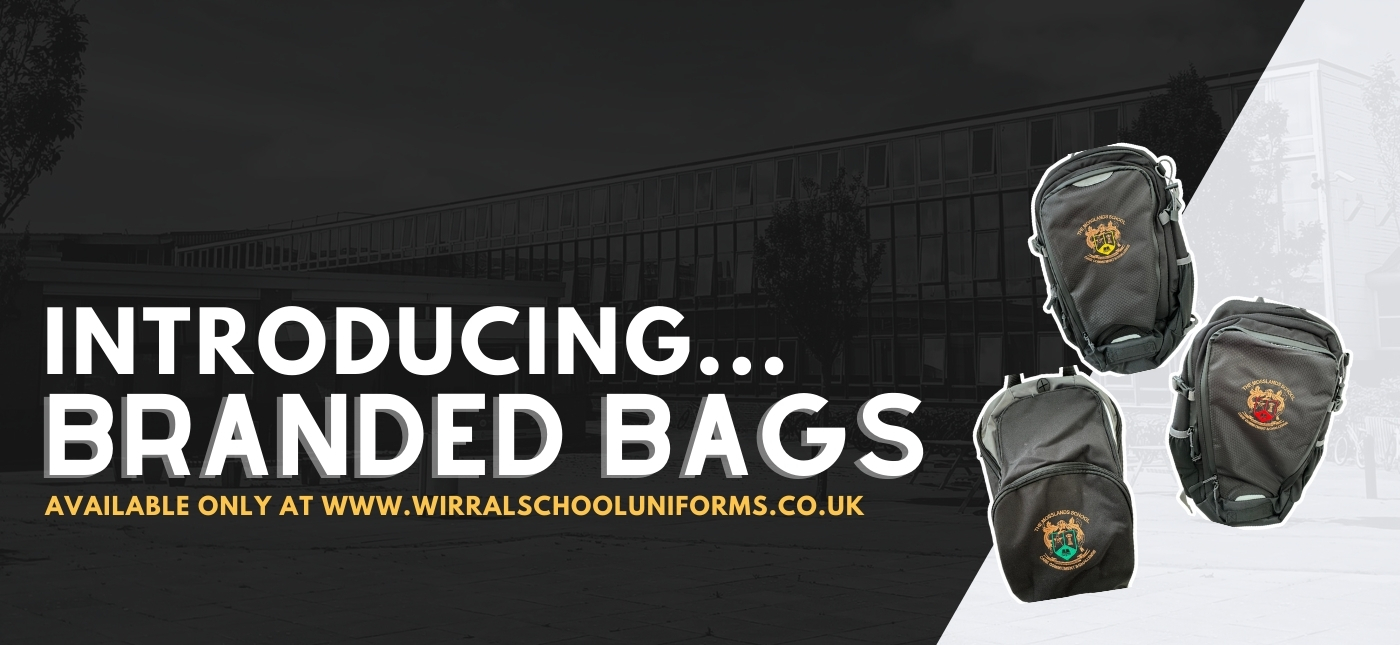|
Extended Certificate (180 GLH)
1. Unit-Specific Feedback
- Unit 1 (Body Systems) - Weekly verbal feedback on practical applications of physiological principles
- Unit 2 (Sports Coaching) - Detailed written feedback on coaching sessions and reflective analysis every 2 weeks
- Peer assessment opportunities during practical coaching sessions with structured feedback forms
- Tutorial support for exam preparation with past paper analysis and individual target setting
2. Assessment and Coursework Management
- Written feedback on all coursework submissions within 10 working days
- Use of Cambridge Technicals grading descriptors (Pass, Merit, Distinction) with clear progression routes identified
- Assignment planning meetings held monthly to ensure appropriate pace and understanding
- DIRT allocated following all written feedback to allow for redrafting and improvement
Diploma (720 GLH)
1. Comprehensive Unit Feedback
- Pathway-specific feedback delivered according to chosen specialism (Activity Leadership, Fitness Instructing, Sports Coaching)
- Weekly practical feedback sessions incorporating workplace skills and professional development
- Industrial mentor feedback incorporated where work experience placements are undertaken
- Cross-unit assessment opportunities with feedback on transferable skills
2. Extended Project and Research Feedback
- Monthly progress reviews on extended research projects with detailed written feedback
- Presentation skills feedback through regular student-led seminars
- Independent learning support with weekly check-ins on progress and understanding
- Academic writing support with focus on higher education preparation
Extended Diploma (1080 GLH)
1. Higher Education Preparation Feedback
- University-style tutorial system with weekly individual meetings
- Academic essay feedback following higher education marking criteria
- Research methodology support with detailed feedback on literature reviews and data analysis
- Mock dissertation supervision with structured feedback milestones
2. Professional Development Feedback
- Industry placement feedback incorporated from external partners
- Professional portfolio development with monthly review sessions
- Skills audit completion with detailed feedback on employability attributes
- Interview preparation and CV writing support with personalised feedback
3. Specialisation Pathway Feedback
- Pathway-specific assessment feedback aligned to industry standards
- External verifier feedback incorporated into teaching and learning cycle
- Professional body requirements addressed through targeted feedback sessions
- Career guidance feedback linking academic performance to progression opportunities
Health and Fitness Integration
- Regular fitness testing with personalised feedback and improvement targets
- Nutrition and lifestyle advice provided through individual consultations
- Mental health and wellbeing support through physical activity promotion
- Long-term health benefits education with personal application feedback
Technology Enhanced Feedback
- Use of sports analysis apps for immediate performance feedback
- Online learning platforms for assignment submission and feedback delivery
- Digital portfolios for tracking progress and celebrating achievement
- Social media recognition of sporting success and positive role modelling
|



